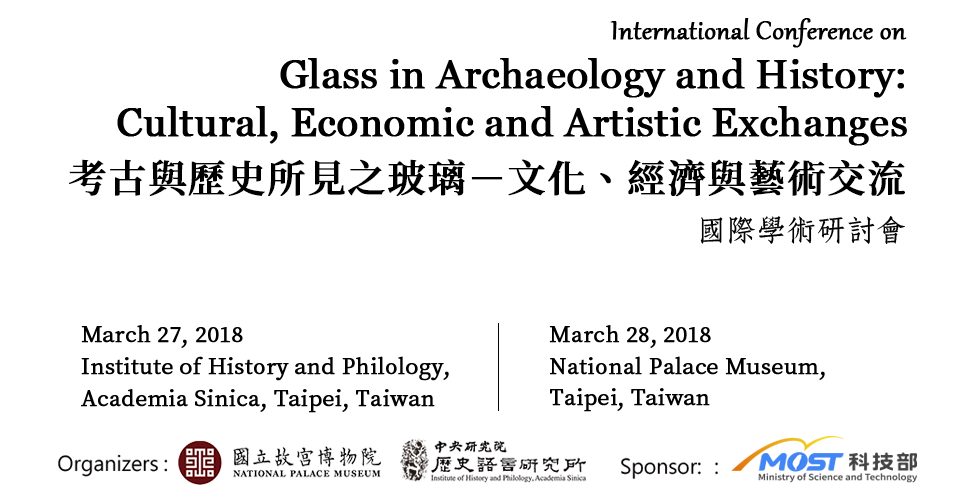Glass plays an important role in human history. From Mesopotamia, Egypt, the Roman Empire, through the early modern and modern Eastern and Western civilizations, glass was highly associated with human life. In recent years, much attention has been paid to glass in archaeology and history and related research is in the ascendant. Glass artifacts of different periods reflect the social and cultural interactions in different regions. The development of Chinese glass can be traced back to the Spring and Autumn period and the Warring States period. Later in the early modern times, the entering of western missionaries in the Qing Dynasty in China has brought a variety of glass artifacts and techniques of western style, which has allowed an appreciation of western influence on the eastern glass art. On the other hand, as exchange between East and West has been significantly increasing since the 18th century, imitation from Chinese porcelain in glassmaking in Europe was also reported.
The exchange of glass in Southeast Asia has reflected the dynamic interaction between South Asia, Western Asia and China in different time periods. In Iron Age Taiwan, the presence of glass beads also shows a chronological transition, with an earlier interaction within the South China Sea region and later the import of Chinese objects. In the early modern stage of Taiwan, the spread of European powers to the maritime trade in the Far East might influence the exchange and consumption of glass beads in the aboriginal societies to some extent, which also led to a different scenario of the East-West interaction.
The conference, jointly hosted by the National Palace Museum and the Institute of History and Philology, Academia Sinica, aims to provide a platform for the discussion on a range of topics and to explore the impacts brought by glass production as well as the use and trade of glass objects over time and space.
- Organizers
- Institute of History and Philology, Academia Sinica
Organizer: Kuang-ti Li
Conference Assistants: Kuan-Wen Wang, Hui-ling Hsu, Sherry Chang - National Palace Museum
Organizer: Tung-Ho Chen
Conference Assistants: Yun-Chie Chen, Ying-li Wu, Wei-tzu Chen
